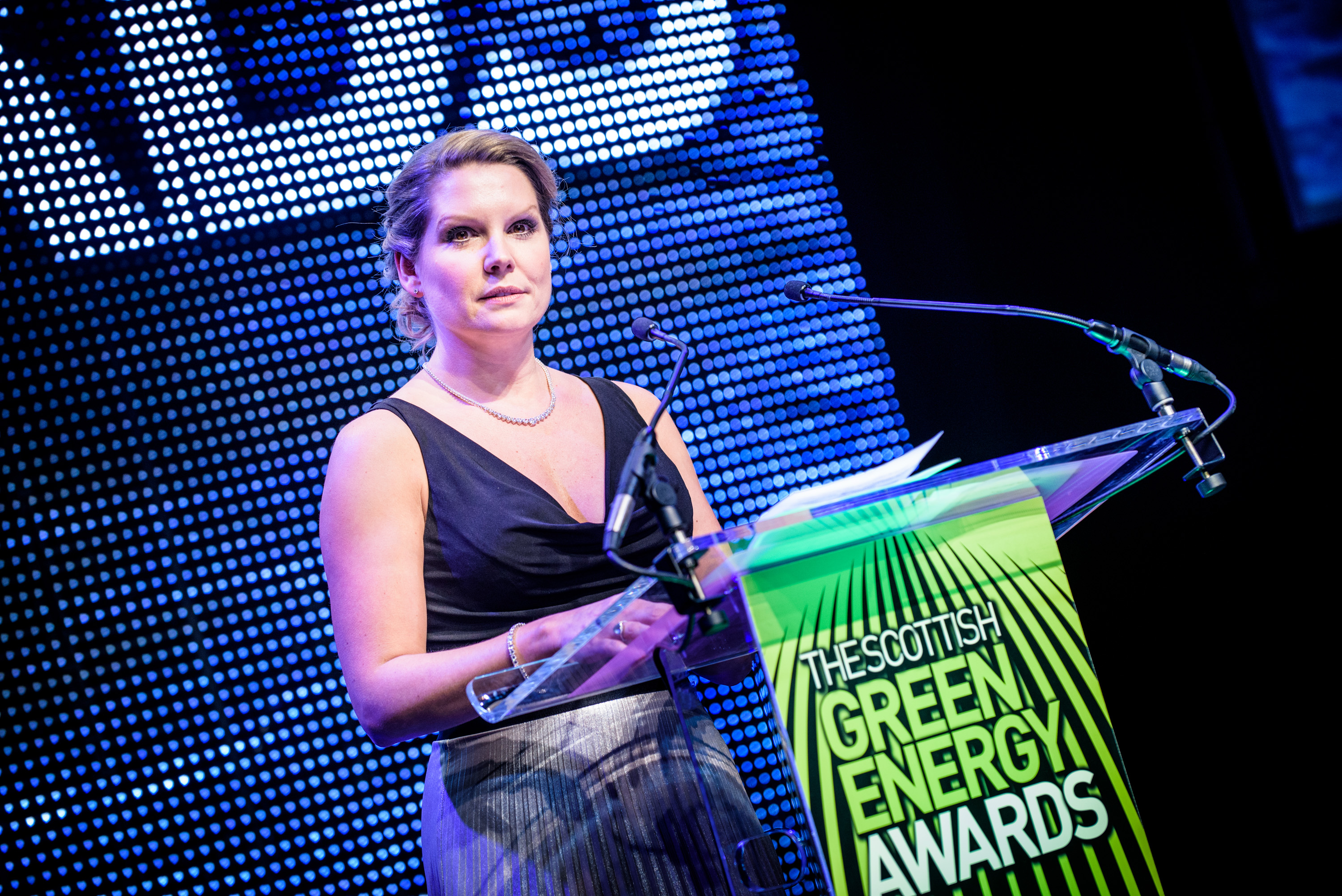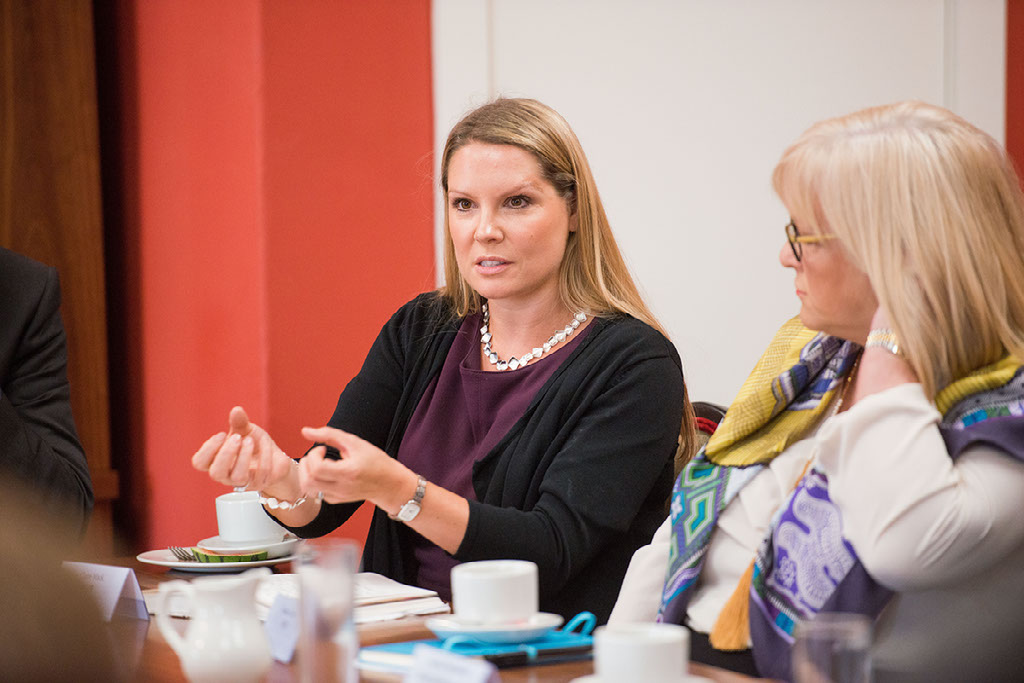Here Claire Mack, the chief executive of Scottish Renewables, previews the Low Carbon Cities conference happening in Edinburgh on February 20.
“Almost a quarter of the world’s population lives in cities, and that figure is growing.
The interactions between people, transport and the built environment are enormously powerful, and we’re only just starting to get to grips with the impacts of urbanisation.
On Manhattan Island, in the average January, the amount of heat produced from combustion alone is greater than the amount of energy from the sun by a factor of 2.5.
At night, an effect known as the ‘urban heat island’ means cities can be 12C warmer than the surrounding countryside.
And while our booming urban wildlife population takes advantage, it’s up to humanity to deal with the issues it’s creating.
Here’s a tiny example of the scale of the problem: in Scotland, more than half of the energy we use is in the form of heat.
Today, only 5% of the heat we use comes from renewable sources.
We haven’t even scratched the surface of decarbonising it.
If that’s the situation in a prosperous nation like Scotland, imagine the issues in less wealthy countries, where resources and employment are increasingly focussed in megacities like Lagos in Nigeria, Dhaka in Bangladesh and Karachi in Pakistan.
These – and many others – are the issues which Scottish Renewables’ second Low-Carbon Cities Conference aims to tackle.
Dundee City Council’s Leader John Alexander – also Chair of Scottish Cities Alliance – will open the day by setting out a low-carbon vision for Scotland’s urban areas.
Drawing on experience from Dundee’s waterfront transformation he’ll look at the impact of renewables on all aspects of the urban space.
He’ll be joined by Kate Turner, Legal Director at Pinsent Masons, who’ll provide delegates with an overview of the firm’s Hungry for Change report, which reveals the technologies and geographies that will shape the energy industry of the future.
Later in the day Humza Yousaf MSP, Scotland’s Minister for Transport and the Islands, will deliver a keynote address.
He’ll be joined on stage by two Scots companies investing in biofuel and hydrogen technology – both pivotal technologies as we seek to clean up our transport sector.

Sessions after lunch will look at energy in buildings, and how the ways in which the offices, factories and homes in which we live and work can become more efficient and accommodate new energy sources, as well as the data and waste systems required by a low-carbon future.
We’ll also examine Community Energy Scotland’s Tower Power project, which has brought the benefits of solar PV to some of Scotland’s poorest households – read more in this Scottish Renewables blog.
The potential gains for Scotland in developing expertise in low-carbon city infrastructure like this are enormous, and the knowledge gained from the country’s transition to a renewable energy system gives us an advantage on the world stage.
Events like the Scottish Renewables’ 2018 Low-Carbon Cities Conference will help set that agenda, and with so much to cover, February 20 is sure to be an interesting day.
To find out more about the agenda or book tickets, go to Scottish Renewables’ website.”
Claire Mack, Chief Executive, Scottish Renewables


Pingback: Scottish Renewables Young Professionals Green Awards shortlist – Planet Scotland